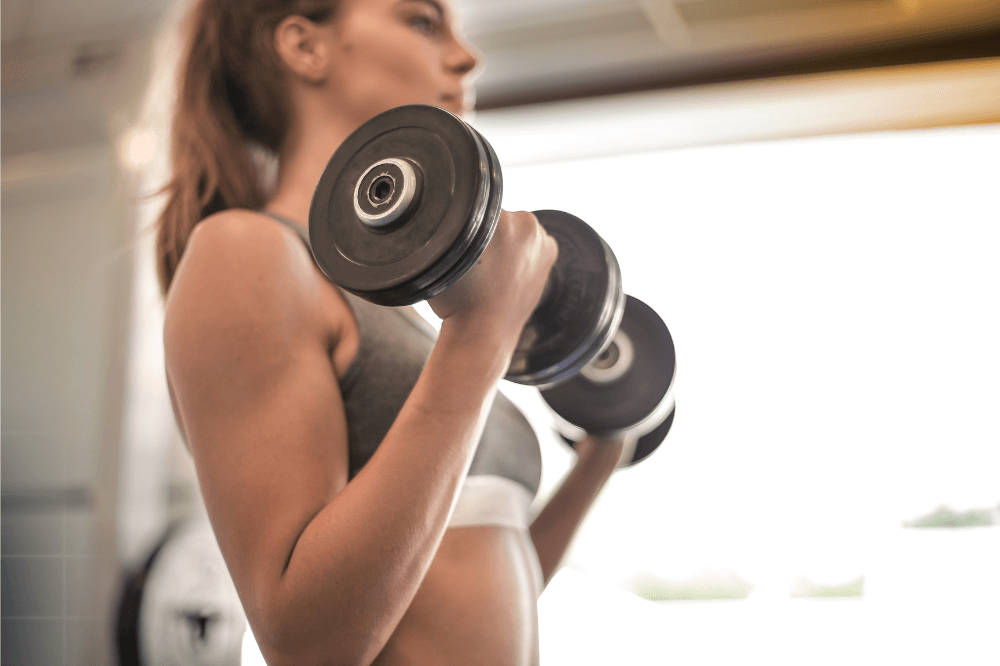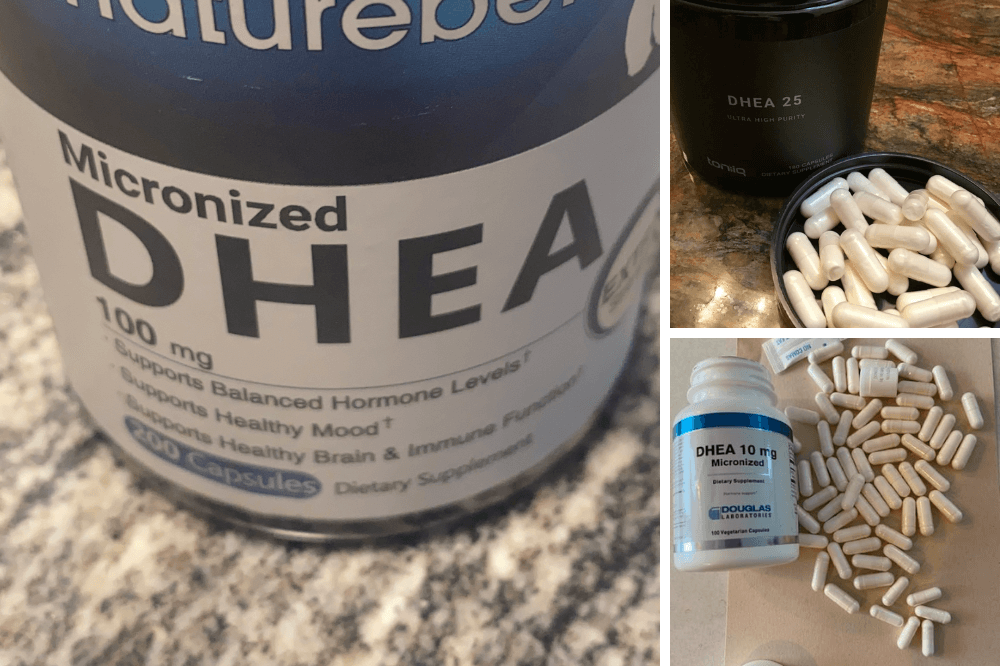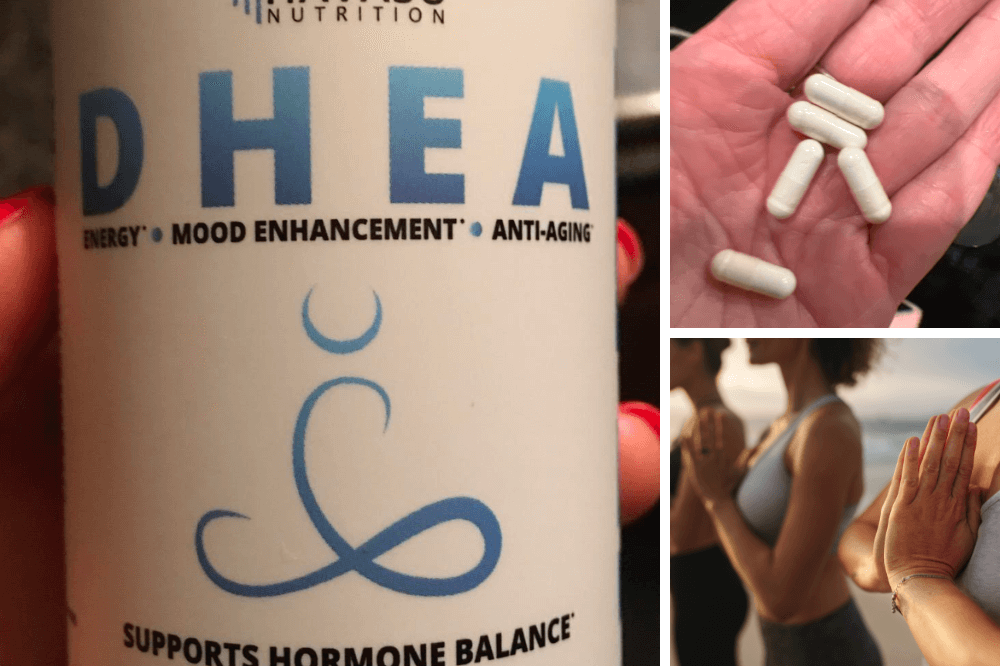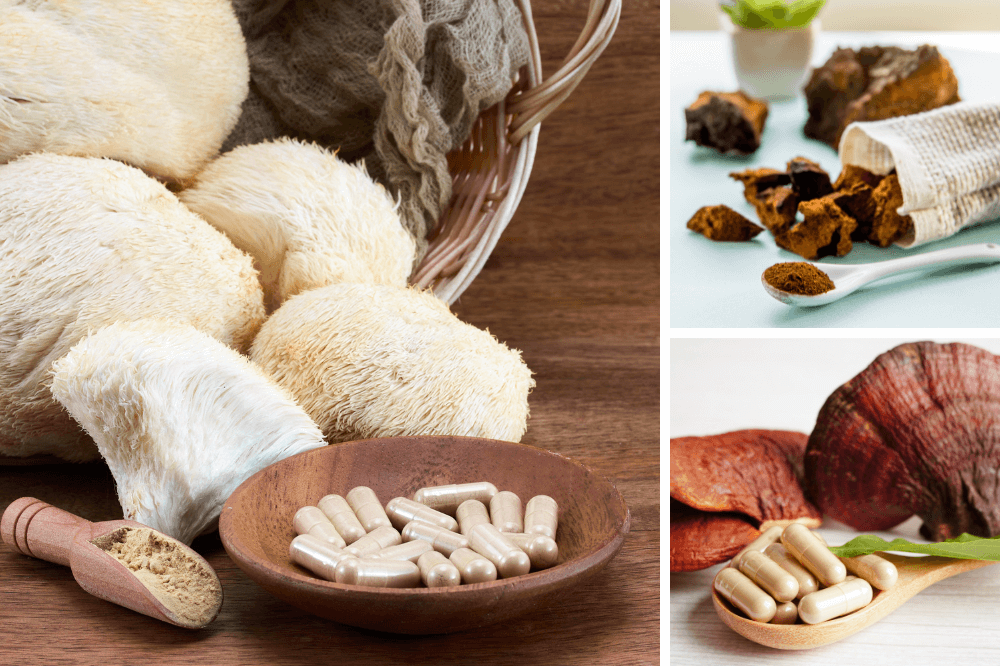1. Introduction to DHEA Supplements
Dehydroepiandrosterone, commonly known as DHEA, is a steroid hormone produced naturally by the adrenal glands. As the most abundant steroid hormone in the human body, DHEA serves as a precursor to male and female sex hormones, including testosterone and estrogen. With age, DHEA levels decline, often leading people to seek DHEA supplements to support various health concerns, from aging skin to cognitive function. In this article, we explore the potential benefits, uses, and risks of DHEA supplementation, while answering the important question: What does DHEA supplement do as part of dietary supplements?

2. How DHEA Is Produced in the Body
DHEA is primarily produced by the adrenal glands, which are located above the kidneys. It is also produced in smaller amounts by the gonads, brain, and skin. Once produced, DHEA is converted into other hormones, such as testosterone and estrogen, depending on the body's needs. The sulfate form of DHEA, known as DHEA sulfate (DHEAS), circulates in the bloodstream and is the most stable form of the hormone.
As individuals age, DHEA levels naturally decline. Research suggests that DHEA levels peak in early adulthood and steadily decrease by approximately 10% per decade. By the time someone reaches their 70s or 80s, DHEA levels may be only 10–20% of their youthful levels, which is why some individuals consider DHEA supplementation as a means to slow the aging process and improve overall well-being.
3. Health Benefits of DHEA Supplementation
Improving Cognitive Function
DHEA supplementation has been researched for its role in supporting brain health and cognitive function. Some studies suggest that DHEA may help improve memory, mental clarity, and concentration, particularly in older adults experiencing age-related cognitive decline. Although more research is needed, early findings are promising, showing that DHEA may have neuroprotective properties.
Muscle Strength and Body Composition
One of the most well-known effects of DHEA is its potential to improve muscle mass and strength. DHEA supplements are often used by individuals looking to enhance physical performance, particularly in older men and women. By increasing testosterone levels and other anabolic hormones, DHEA may contribute to greater muscle strength and reduced body fat. Some evidence suggests that DHEA supplementation could also improve physical performance and body composition, making it an attractive option for older adults looking to maintain a healthy physique. Additionally, DHEA may alter insulin sensitivity, impacting body fat and metabolic health.
Bone Mineral Density and Bone Health
Maintaining bone health is a critical concern as people age, particularly for postmenopausal women who are at a higher risk of osteoporosis. Studies indicate that DHEA may help improve bone mineral density, thereby reducing the risk of fractures and bone loss. By augmenting hormone levels, particularly estrogen in women, DHEA may contribute to stronger bones and improved overall bone health.
Aging Skin and Youthful Appearance
The anti-aging properties of DHEA extend beyond internal health to physical appearance. Research suggests that DHEA supplementation can improve the appearance of aging skin by increasing skin hydration, thickness, and elasticity. This makes DHEA a popular option for those seeking to combat the visible effects of aging, such as wrinkles and sagging skin.
4. DHEA Supplementation for Women
Postmenopausal Women
For postmenopausal women, DHEA can offer significant relief from common symptoms of menopause, including hot flashes, mood swings, and vaginal dryness. Studies show that DHEA supplementation helps boost estrogen levels, which naturally decline after menopause. As a result, DHEA may alleviate uncomfortable menopausal symptoms and improve quality of life.
DHEA for Vaginal Atrophy
One of the specific benefits of DHEA for postmenopausal women is its ability to treat vaginal atrophy. Vaginal atrophy is characterized by thinning of the vaginal walls, leading to discomfort and dryness. Research shows that DHEA can be administered in topical or oral forms to improve vaginal health and restore normal sexual function.
Female Sex Hormones and DHEA
DHEA plays a crucial role in the production of female sex hormones, particularly estrogen. In women with low levels of estrogen, DHEA supplementation may help balance hormone levels, potentially benefiting those with diminished ovarian reserve or undergoing hormone replacement therapy. However, individuals should consult with a healthcare provider to avoid hormone-sensitive cancers. Additionally, there is a risk of estrogen-sensitive cancers, as DHEA could potentially elevate estrogen levels, affecting the effectiveness of treatments like Fulvestrant, Letrozole, and Tamoxifen.

5. DHEA Supplementation for Men
Erectile Dysfunction and Sexual Function
DHEA has been studied for its potential to improve male sexual function, particularly in men experiencing erectile dysfunction. By increasing testosterone levels, DHEA may enhance libido, improve erectile function, and boost overall sexual performance. Clinical trials have shown significant improvement in men with sexual dysfunction who took DHEA supplements.
Muscle Mass and Strength
DHEA supplementation is often associated with increased muscle mass and strength in men. By promoting the production of male hormones, DHEA can help men maintain muscle mass and physical performance as they age. This benefit is particularly appealing to older men who want to combat age-related muscle loss.
Effects on Body Fat
In addition to its effects on muscle mass, DHEA has been shown to reduce body fat in men. By increasing metabolism and altering fat storage patterns, DHEA may contribute to better weight management and improved body composition. Oral DHEA therapy has been studied for its effects on metabolic syndrome and body composition, highlighting its potential benefits in clinical settings.
6. DHEA and Athletic Performance
Performance Enhancement and DHEA
Some athletes use DHEA as a performance-enhancing supplement due to its ability to boost testosterone levels and muscle strength. However, due to its performance-enhancing effects, many sports organizations, including the National Collegiate Athletic Association (NCAA) and the International Olympic Committee (IOC), ban DHEA.

7. DHEA for Adrenal Insufficiency
DHEA is crucial for individuals with adrenal insufficiency, a condition where the adrenal glands do not produce sufficient amounts of hormones, including DHEA. Adrenal insufficiency can result in fatigue, muscle weakness, and a host of other symptoms. By supplementing with DHEA, individuals with adrenal insufficiency can restore normal hormone levels and improve their overall well-being.
8. DHEA and Mental Health
Research on Treating Depression
DHEA has been researched as a potential way to treat depression. Some studies suggest that DHEA may have mood-enhancing effects, helping to alleviate symptoms of depression and anxiety. This is particularly relevant for individuals with adrenal insufficiency, as the lack of DHEA production can contribute to mood disorders.
Mood Disorders and Cognitive Function
DHEA's ability to improve mood and cognitive function may be linked to its influence on hormone levels and neurotransmitter activity. People experiencing mood disorders such as anxiety or depression may benefit from DHEA supplementation, although further research is needed to fully understand its mechanisms.
9. DHEA and Chronic Health Conditions
Systemic Lupus Erythematosus
Systemic lupus erythematosus (SLE) is an autoimmune disease that affects various organs and tissues. Some studies have shown that DHEA supplementation may help manage symptoms of SLE by improving immune function and reducing inflammation.
Polycystic Ovary Syndrome (PCOS)
DHEA supplementation may help manage the symptoms of polycystic ovary syndrome (PCOS), a hormonal disorder that affects women of reproductive age. DHEA may help regulate hormone levels and improve ovulation in women with PCOS.
DHEA for Insulin Sensitivity and Blood Sugar Regulation
Some research suggests that DHEA may improve insulin sensitivity and blood sugar regulation. This could make DHEA a valuable supplement for individuals with insulin resistance or type 2 diabetes, although more research is needed to confirm these benefits.
10. DHEA for Bone Health and Osteoporosis Prevention
Increasing Bone Density
DHEA may help increase bone density and prevent bone loss, especially in postmenopausal women who are at higher risk for osteoporosis. By boosting estrogen levels, DHEA can contribute to stronger bones and reduce the likelihood of fractures.
Maintaining Bone Mineral Density in Older Adults
In addition to preventing bone loss, DHEA supplementation may help maintain bone mineral density in older adults, making it an important part of an anti-aging strategy aimed at preserving bone health.

11. DHEA and Hormone-Sensitive Cancers
Risk Factors for Hormone-Sensitive Cancers
While DHEA offers many benefits, individuals with a history of hormone-sensitive cancers, such as breast or prostate cancer, should exercise caution when using DHEA supplements. DHEA's ability to increase estrogen and androgen levels may pose a risk for those with hormone-sensitive cancers.
12. Side Effects of DHEA Supplementation
Oily Skin and Acne
One of the most common side effects of DHEA supplementation is oily skin, which can lead to acne. This is due to the hormone's influence on sebaceous gland activity.
Blood Clotting Disorders
Individuals with blood clotting disorders should avoid DHEA, as it may slow blood clotting and increase the risk of bleeding.
High Cholesterol and Cardiovascular Risks
There is some evidence that DHEA supplementation may affect cholesterol levels, potentially increasing the risk of cardiovascular problems in certain individuals. Monitoring cholesterol levels is important for those taking DHEA.
13. The Right Dosage and Forms of DHEA
Oral DHEA Supplements
The most common form of DHEA is oral supplements, typically in tablet or capsule form. The dosage varies depending on the individual's health goals and needs, but it's important to consult with a healthcare provider before starting DHEA supplementation. When taking DHEA supplements, it is crucial to consider potential drug interactions, their effects on skin aging, and their influence on age-related issues.
Topical DHEA Creams
Topical DHEA creams are another option for individuals who prefer not to take oral supplements. These creams are often used to target specific areas, such as the skin or vagina, and can be effective in addressing localized concerns.
DHEA-S Blood Tests
To determine whether DHEA supplementation is necessary, individuals can undergo a blood test to measure DHEA-S levels. This test helps assess whether DHEA levels are within the normal range or if supplementation is needed.
14. Conclusion: Is DHEA Supplementation Right for You?
DHEA supplementation offers a wide range of potential health benefits, from improving cognitive function and muscle strength to supporting bone health and alleviating menopausal symptoms. However, like any supplement, it is important to use DHEA with caution, particularly for individuals with hormone-sensitive conditions. Always consult with a healthcare professional to determine if DHEA supplementation is appropriate for your specific health needs.












